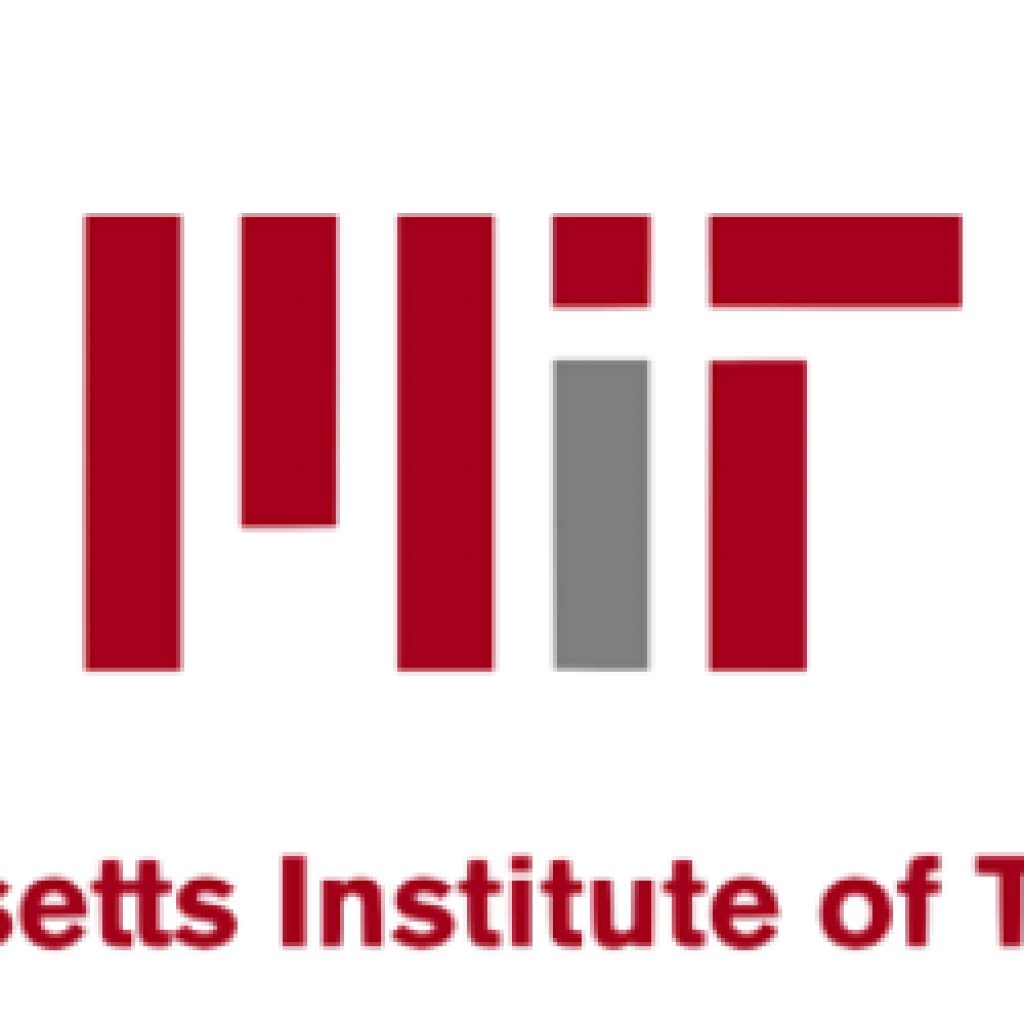(Phys.org) Rsearchers at MIT, MIT Lincoln Laboratory, and Pacific Northwest National Laboratory (PNNL) have found that a qubit’s performance will soon hit a wall.
The team reports that the low-level, otherwise harmless background radiation that is emitted by trace elements in concrete walls and incoming cosmic rays are enough to cause decoherence in qubits. They found that this effect, if left unmitigated, will limit the performance of qubits to just a few milliseconds.
“These decoherence mechanisms are like an onion, and we’ve been peeling back the layers for past 20 years, but there’s another layer that left unabated is going to limit us in a couple years, which is environmental radiation,” says William Oliver, associate professor of electrical engineering and computer science and Lincoln Laboratory Fellow at MIT.
The paper’s lead author is Antti Vepsäläinen, a postdoc in MIT’s Research Laboratory of Electronics. “It is fascinating how sensitive superconducting qubits are to the weak radiation. Understanding these effects in our devices can also be helpful in other applications such as superconducting sensors used in astronomy,” Vepsäläinen says.
Cosmic Rays May Soon Stymie Quantum Computing
